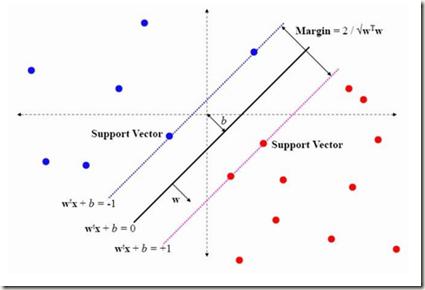We aim to demonstrate in experiments that our cost sensitive PEGASOS SVM achieves good performance on imbalanced data sets with a Majority to Minority Ratio ranging from 8.6:1 to 130:1 and to ascertain whether the including intercept (bias), regularization and parameters affects performance on our selection of datasets. Although many resort to SMOTE methods, we aim for a less computationally intensive method. We evaluate the performance by examining the learning curves. These curves diagnose whether we overfit or underfit or whether the random sample of data chosen during the process was not random enough or diverse enough in dependent variable class for the algorithm to generalized to unseen examples. We will also see the background of the hyperparameters versus the test and train error in validation curves. We benchmark our PEGASOS Cost-Sensitive SVM's results of Ding's LINEAR SVM DECIDL method. He obtained an ROC-AUC of .5 in one dataset. Our work will extend the work of Ding by incorporating kernels into SVM. We will use Python rather than MATLAB as python has dictionaries for storing mixed data types during multi-parameter cross-validation.
翻译:暂无翻译




